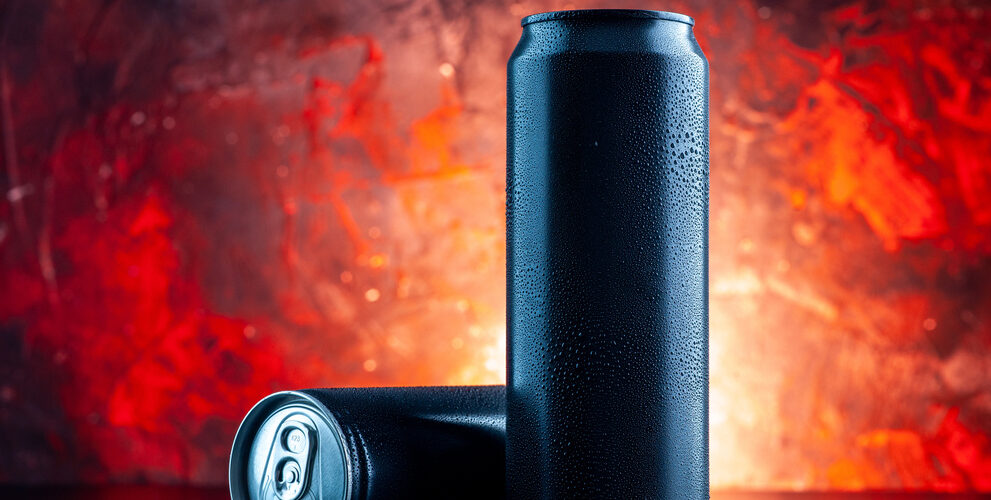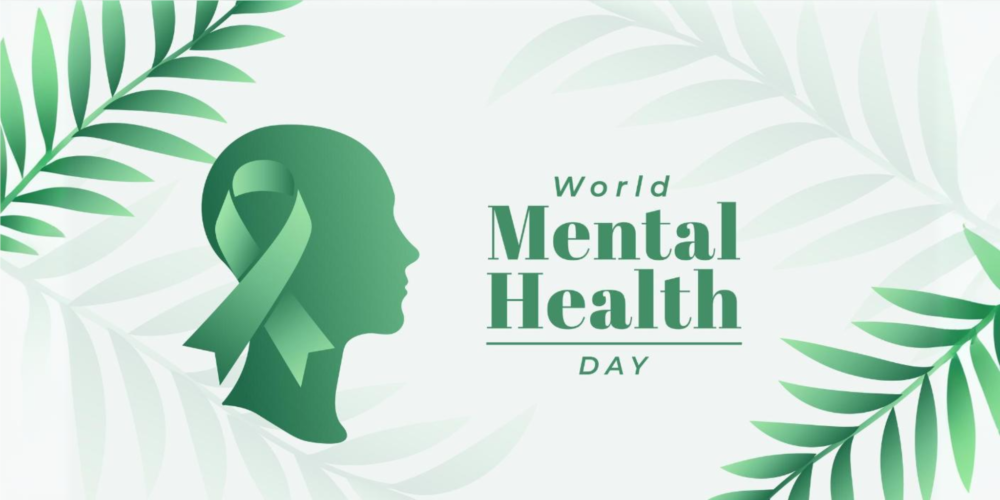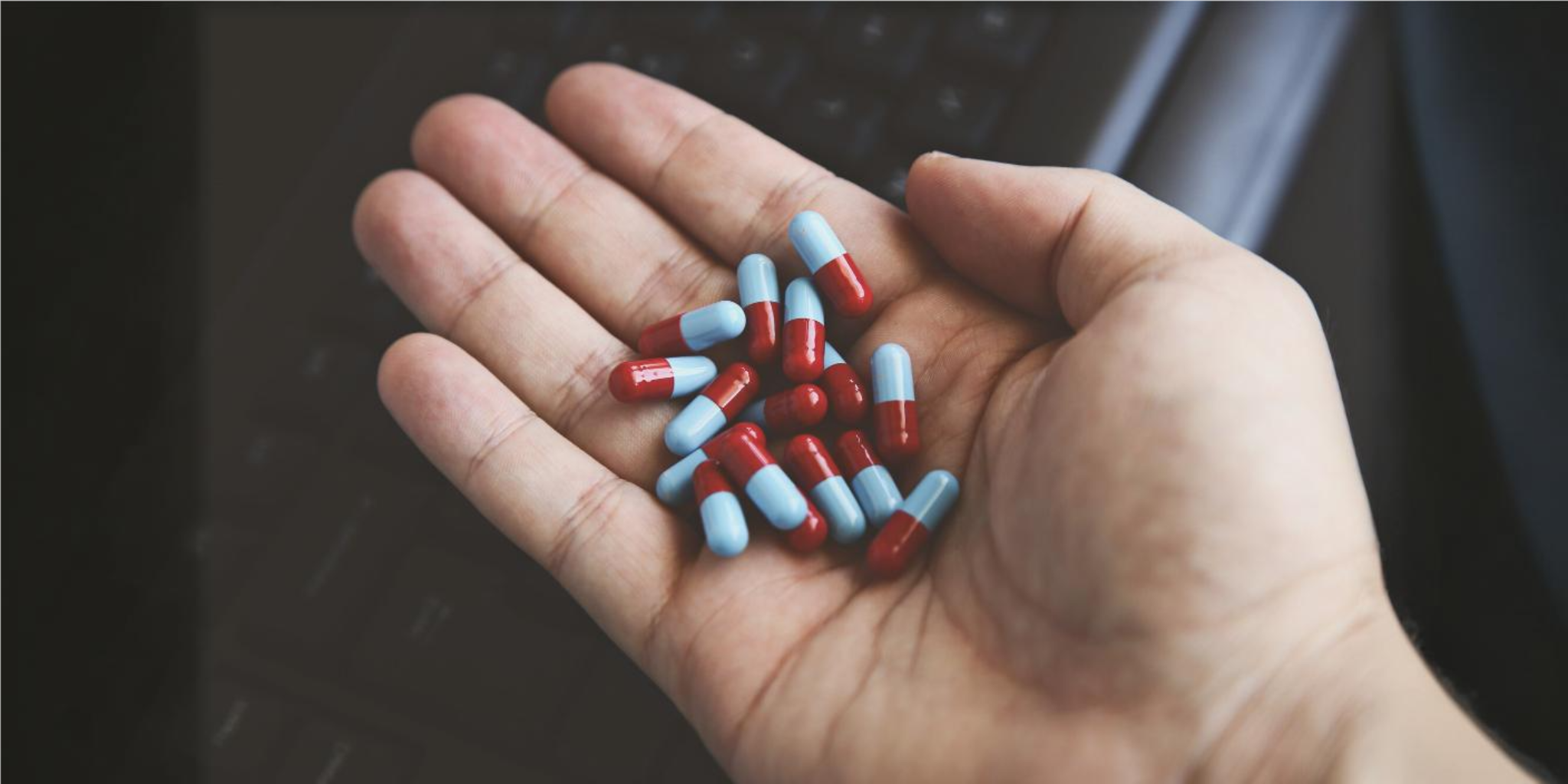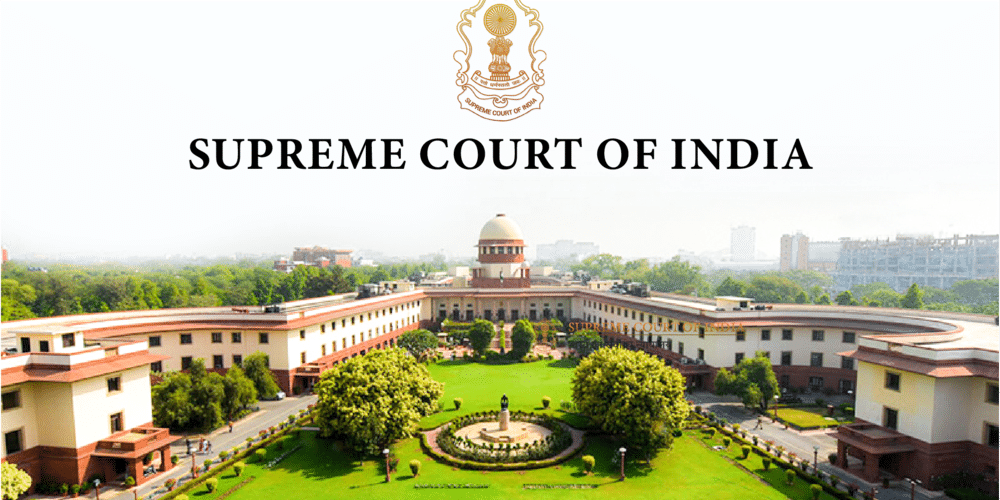Taurine, an energy drink ingredient, doesn’t cause cancer but helps blood cancer cells grow
Researchers urge caution in taurine use among leukemia patients due to possible cancer-promoting effects
Author
Author
- admin / 8 months

- 0
- 3 min read

Author
Taurine, a popular amino acid found in energy drinks and supplements, could be driving the growth of leukemia, a type of blood cancer, according to a new study from the University of Rochester’s Wilmot Cancer Institute.
Published in Nature, the research reveals that leukemia cells rely on taurine to fuel their aggressive spread, raising concerns about its use in high doses, especially for leukemia patients.
Researchers found that leukemia cells can’t make taurine on their own. They use a special protein to absorb it from their surroundings, especially the bone marrow. Once inside the cell, taurine helps break down sugar, giving the cancer cells the energy they need to spread quickly.
In lab tests using mice and human cells, scientists blocked the cancer cells from taking in taurine. As a result, the leukemia stopped growing. This could lead to new treatments for aggressive blood cancers like acute myeloid leukemia (AML).
“We are very excited about these studies because they demonstrate that targeting uptake by myeloid leukemia cells may be a possible new avenue for treatment of these aggressive diseases,” said Jeevisha Bajaj, a co-author of the study and an assistant professor in the Department of Biomedical Genetics.
Although the study mainly looked at AML and chronic myeloid leukemia (CML), the findings may apply to other blood cancers too. Dr Jane Liesveld, a co-author, warned that high levels of taurine in bone marrow could help leukemia grow, so patients should be careful with taurine supplements.
Taurine doesn’t cause cancer
Taurine is generally considered safe for healthy people and might even help some cancer patients. But this research suggests it could be harmful for those who already have leukemia. The authors suggested that though taurine doesn’t cause leukemia, it might help cancer cells grow once they’re there.
“Dr. Bajaj’s work shows that local levels of taurine in bone marrow may enhance leukemia growth, suggesting caution in the use of high-dose taurine supplementation,” Dr Liesveld said.
“Metabolic reprogramming is a hallmark of cancer, and we are at the very beginning of understanding metabolic effects on leukemia cells,” she added.
Since taurine is a common ingredient in energy drinks and is often provided as a supplement to mitigate the side effects of chemotherapy, this study suggests carefully considering the benefits of supplemental taurine in leukemia patients.
The researchers call for more studies to better understand taurine’s role in leukemia and how to safely reduce its effects in patients.
Also read: Think twice before mixing alcohol with energy drinks – First Check










